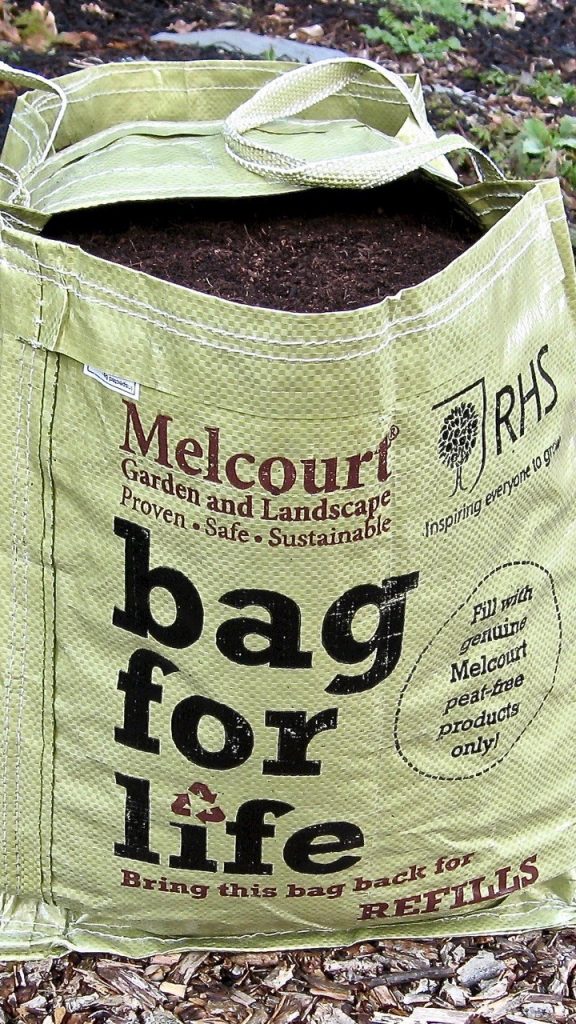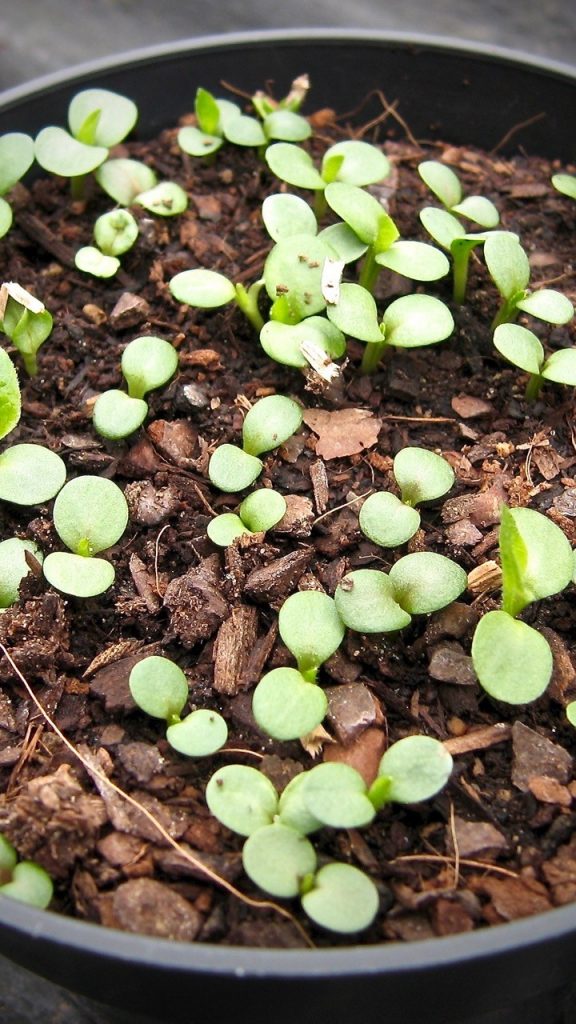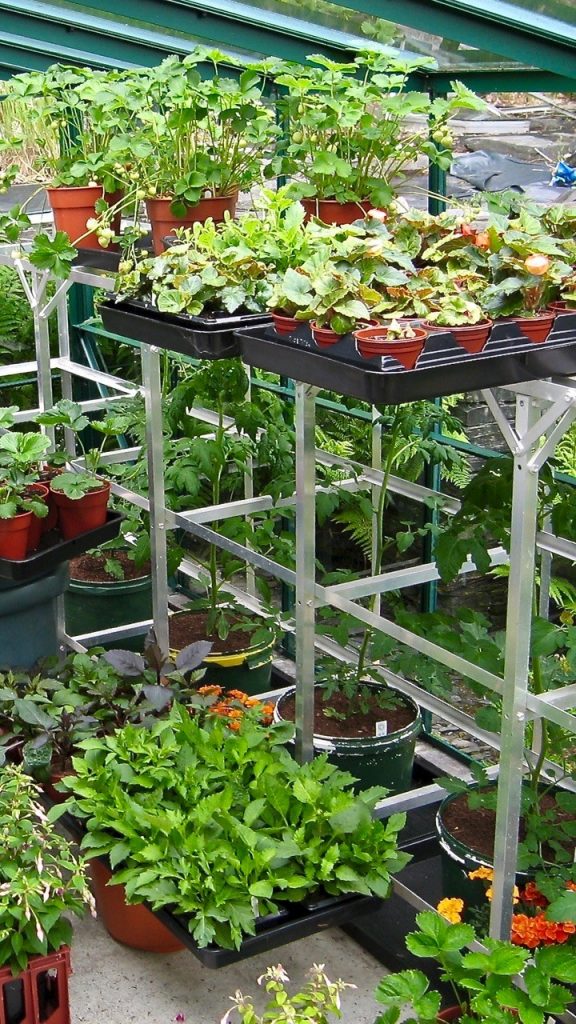If we’re to truly break free from peat-dependent gardening, what’s needed is joined-up oversight with the vision to see the bigger picture.
Unlikely as it sounds, there is every chance that gardening will soon turn noticeably greener, as our gardens, allotments and greenhouses – after three decades of delay, doublespeak and deception – are finally freed from the blight of climate- and nature-wrecking peat-based compost.
The UK government recently published its England Peat Action Plan (EPAP) which, among its ‘ambitious’ goals for the restoration of English peatlands, includes a definitive target that will have ecologically savvy gardeners sighing with relief: ‘We will consult on banning the sale of peat and peat-containing products by the end of this parliament. We will publish a full consultation on phasing out the use of peat in horticulture in 2021 [in both the amateur and professional sectors]. We recognise that the voluntary approach has not delivered.’

It’s worth repeating that line: we recognise that the voluntary approach has not delivered. Let’s translate it: the UK’s gardening and horticulture industries have failed to deliver, amid accelerating climate and nature emergencies, a future rooted in renewable, earth-friendly peat-free compost. Leaving it up to all of us as individuals to reshape ‘the market’ by making ‘better choices’ was never going to work – millions out buying a bag of ‘dirt’ still remain clueless about peat – but it’s been an effective, dallying way of keeping Big Peat’s profits healthy, at the expense of our natural world.
Let’s pinch ourselves before getting carried away: this is subject to a consultation (which isn’t yet published), and the peat ban will probably not apply to commercial horticulture just yet. But as the EPAP reminds us, UK gardeners are responsible for consuming 70% of the peat used here – and two-thirds of that is imported from the rest of Europe; we export environmental destruction to pamper our petunias.
Chances are that once peat is banned for amateur gardeners, a quickening collapse in Big Peat’s fortunes will follow; it will no longer be economically viable to mine our precious fossil carbon stores, and commercial horticulture will be forced to catch up, fast (this won’t be arduous; the hundreds of UK growers already running businesses without a crumb of peat will doubtless be up for some knowledge-sharing). Any EPAP measures will, hopefully, be swiftly adopted by the devolved administrations.
So there’s an EPAP in place that’s looking promising. But even when peat is finally gone from our gardens, allotments and greenhouses, there will still be work to do. We will need to eradicate peat from other industries (think button mushrooms), and government will need to support a rapid switch to a wholly peat-free gardening world (millions won’t even notice, because they never knew what peat was, or its importance in the first place).
We’ll also need to make sure that what comes after peat isn’t doing as much or even more ecological harm (the remit of the stodgy-sounding Responsible Sourcing for Growing Media Scheme). But there’s a way to go even further, so I’m throwing my twopenn’orth in early, to help get the government’s consultation off to a flying start.

The EPAP says it will do something that should have happened decades ago: ‘We will also actively promote the benefits of peat-free growing media [compost, to you and me] through public awareness and education…’. And this is where we can take a lesson from… our railways.
The recent review of our rail system has birthed a new public body – Great British Railways – which will have oversight of how our railways are run. Its aims will be simpler fares and ticketing, the reduction of bureaucratic waste, and ‘putting passengers first’. It will award contracts to run our trains to the best-performing operators, and have the power to intervene when things go awry.
So how about – join me in a leap of imagination here – taking that broad outline, blending it with the government’s clear desire for ‘public awareness and education’ on going peat-free, putting gardeners first, and letting Great British Composts (GBC) steer us into a future where gardening can finally lay claim to being ‘green’?
Let’s give GBC the teeth to cut through the media misinformation and evasion that’s muddled and misled many people about climate-wrecking peat for so long. It will be an independent body, free from Big Peat’s manipulating fingers, and seeded with experienced, eco-savvy gardeners. Its core aim will be helping everyone to grow great plants in gardens that enrich rather than erode our natural world. It will educate, inform and empower gardeners, and it will also, crucially, keep all those who seek to profit from us on a tight, accountable leash.
GBC will have the clout to mandate the stuff that decades of filibustering voluntarism have failed to deliver. Top of the list? Clear, doublespeak-busting labels (in big, not small, letters) showing exactly what’s in a bag of compost, together with its ‘bagged on’ and ‘best before’ dates, while glib claims of ‘natural and organic!’ will need justifying and clarifying (big letters, again). Labels will also show the compost’s most recent scores from GBC’s own year-round growing trials.

These trials will be carried out not in commercial greenhouses by ‘professionals’, but by real gardeners, in real greenhouses, in real gardens, under real gardening conditions, to test whether the composts on offer – which by then will all be free of peat – are really fit for home gardening. Anyone can scan the compulsory smartcode on a bag of compost to not only see how a particular brand is performing, but also watch live feeds from the gardens where it’s being trialled – and join in with live Q&A sessions to learn and swap tips with other real gardeners. GBC’s testing sites will be distributed across the UK, bang in the middle of where most of us are gardening – and, to ensure transparency, will hold regular public open days.
To avoid the diluting effect of endless choice, and to stem the inevitable slew of post-peat bandwagon products, GBC will limit the number of licences it issues to compost manufacturers; no licence means you can’t sell your compost. If trial data shows a consistently poor performance, tallying with negative feedback from gardeners via the everything-you-need-to-know-about-bought-composts GBC app, your licence is revoked, and other manufacturers can bid for it. Only a limited number of the best-quality composts will ever be on sale, and every retailer will be encouraged to actually grow a range of different plants in the composts they stock. The app will also help gardeners locate local stockists. ‘Pot with confidence’ will be GBC’s guiding tenet.
Great British Composts will empower all gardeners, from the eager newbie to the seasoned sage, via online digital resources and live webinars, to conduct their own trials and experiment with different home-made mixes, using locally found materials such as leafmould and garden compost. Guidance will be given on using bought materials – including digestate and other plant-based ‘mixers’ – to make simple DIY potting blends, or to rejuvenate pre-used compost. Sages looking for a challenge will be invited to test innovative new compost blends, as new sources of truly renewable raw materials for compost-making are explored.
Not bad for a few minutes of imagining, is it? There’s surely no better way to cheer on the beginning of the end for peat than to do your own bit of dreaming – and then share it with the government when the consultation gets underway.
Text and images © John Walker
Find John on Twitter @earthFgardener










